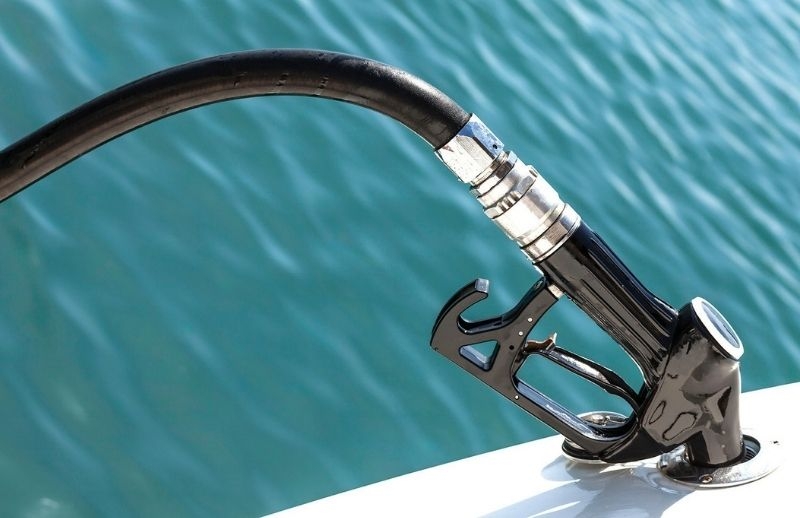Information You Need To Know About Fuel Consumption When Renting A Boat
Renting a boat is one of the most enjoyable ways to enjoy a seaside vacation, an exciting way to explore the open waters, enjoy the sun, and have unforgettable experiences with family and friends. However, as with any adventure, it is essential to be prepared. One critical aspect that is often overlooked is fuel consumption. The fuel consumption of boats varies depending on factors such as the size of the boat, engine power, weather conditions, and cruising style. In general, larger boats consume more fuel than smaller boats. Also, more powerful engines consume more fuel. By sailing in windy weather, you can run the engine less. However, if the weather conditions are bad or you are sailing close to harbors, you will need to start the engine more often.
Does the type and size of the boat affect fuel costs?
Different boat types and sizes have different fuel consumption rates. For example, a small powerboat will typically consume less fuel than a larger yacht or speedboat. In addition, the type of fuel used can also affect consumption rates. Some boats are designed to run on gasoline, while others, especially larger boats, may be equipped with diesel engines, which often have better fuel economy. Before renting, it is worth considering the number of passengers, the distance you plan to travel, and the activities you will be doing while on the water.
What Should You Know About Fuel Efficiency Ratings?
Boat charter rates usually do not include fuel. Therefore, you need to consider the fuel cost when renting a boat. The fuel cost varies according to the size of the boat, engine power, and fuel type.
Boat manufacturers usually provide fuel efficiency ratings for their boats. These values are usually expressed in gallons per hour (GPH) or liters per hour (LPH). Understanding the fuel efficiency of your charter boat can help you estimate the total fuel cost for your trip. Modern boats often come with more efficient engines that help you save fuel and minimize environmental impact.
How Can You Save Fuel Consumption When Renting a Boat?
Fuel consumption is directly proportional to the speed at which you use the boat. Higher speeds burn fuel more quickly, resulting in higher costs and a shorter time on the water. To save fuel, adopt a more moderate cruising speed and enjoy a leisurely journey. Also, avoid frequent speed changes as they can lead to increased fuel usage.
Plan Your Route Wisely
Planning your route can significantly affect your fuel consumption. Plan a direct route that will take you to your desired destinations without wasting fuel unnecessarily. Also consider the impact of weather conditions and currents on your journey, as they can affect fuel consumption. Favorable winds and currents can reduce reliance on the engine and therefore save fuel.
Reduce the Boat Load
Overloading your charter boat can lead to higher fuel consumption and reduced performance. For example, packing unnecessary items will affect fuel efficiency due to the added weight. Be careful when packing for your adventure and distribute the load evenly across the boat when you get on board.
Calculating Fuel Consumption when Renting a Boat
You can use the formula below to calculate fuel consumption when renting a boat:
Fuel consumption (lt/h) = Engine power (horsepower) x 0.18
For example, the fuel consumption of a boat running a 55 horsepower engine at 2400 rpm is calculated as follows:
Fuel consumption = 55 x 0.18 = 9.9 lt/hour
In this case, the boat will consume 9.9 liters of fuel in 1 hour.
Fuel consumption is a very important consideration when renting a boat as it directly affects your overall boating experience and costs. By understanding the factors that affect fuel efficiency and adopting responsible boating habits, you can maximize your time on the water while minimizing your fuel costs.

